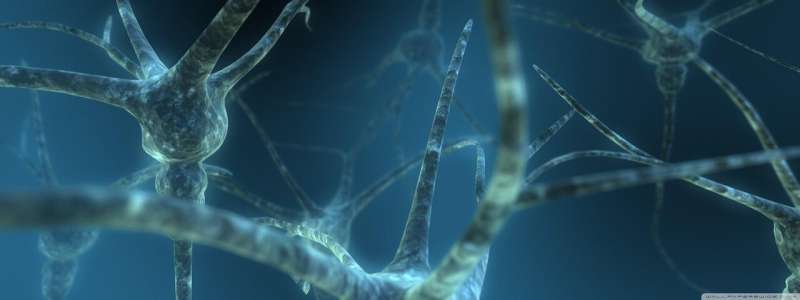This article has been reviewed according to Science X's editorial process and policies. Editors have highlighted the following attributes while ensuring the content's credibility:
fact-checked
peer-reviewed publication
trusted source
proofread
New study reveals brain's potential to regulate fentanyl consumption

The opioid crisis continues to pose a grave public health concern, with synthetic opioids such as fentanyl posing a major risk for development of addiction and death due to overdose. A recent study by the research group led by Prof. Ami Citri at the Hebrew University of Jerusalem's Edmond and Lily Safra Center for Brain Sciences has unveiled crucial insights into the brain's potential ability to regulate the urge to consume fentanyl. This discovery offers a glimmer of hope in the ongoing battle against opioid addiction.
The study, titled "Claustral neurons projecting to frontal cortex restrict opioid consumption" and published in the journal Current Biology, focused on claustral neurons, a specific type of brain cells, and their role in fentanyl consumption. The researchers discovered that claustral neurons exhibited distinctive patterns of activity during consumption of fentanyl. Manipulating these neurons allowed the researchers to modulate the amount of fentanyl consumed, indicating their direct influence on opioid intake.
This study also introduced a novel method for studying opioid consumption, more closely mimicking the real-life conditions under which humans consume opioids. By enabling the exploration of how social interactions influence drug consumption, this technical advance is set to provide valuable insights, promoting the identification of treatments that will alleviate addiction.
The results of this study represent a significant advancement in combating opioid addiction, offering a ray of hope in the ongoing battle. Particularly noteworthy is the discovery that the claustrum acts as a regulator of fentanyl intake. When the claustrum is activated, it effectively reduces drug consumption, whereas its suppression leads to an escalation in drug intake. This crucial finding suggests that targeting claustral neurons holds promise for the future development of effective strategies aimed at mitigating opioid addiction in human patients. Work along these lines is currently underway in the lab.
Prof. Ami Citri, the lead investigator from the Hebrew University of Jerusalem, expressed enthusiasm about the study's potential implications, stating, "Our findings shed light on the intricate relationship between the brain and fentanyl consumption. Understanding the role of claustral neurons in regulating the urge to consume opioids offers a new avenue for interventions aimed at curbing addiction."
The study's outcomes carry significant implications for public health initiatives addressing the opioid crisis. By expanding our knowledge of the neural processes involved in addiction, researchers and health care professionals can work toward developing more effective prevention and treatment strategies.
This study represents a significant technical achievement in the field of neuroscience. Co-authored by Anna Terem who was recently awarded her Ph.D., and Yonatan Fatal, who initiated the project as a high-school student, the research demonstrates the potential to shape future therapeutic interventions and offers valuable insights into the mechanisms underlying the regulation of opioid consumption.
Moving forward, this study opens doors for further investigation into the claustrum's function in different stages and aspects of the addiction process. The results highlight the claustrum as a potential target for intervention in fentanyl addiction. Follow-up studies can explore drugs and substances that increase claustrum activity to determine their effectiveness in decreasing drug consumption and addiction. While more research is needed, the study's findings hold promise for preventing addiction and potentially helping individuals currently struggling with active addiction.
More information: Ami Citri, Claustral Neurons Projecting to Frontal Cortex Restrict Opioid Consumption, Current Biology (2023). DOI: 10.1016/j.cub.2023.05.065. www.cell.com/current-biology/f … 0960-9822(23)00737-6




















